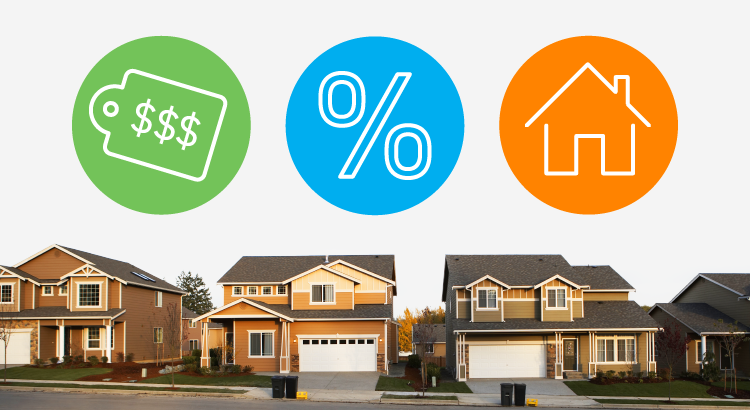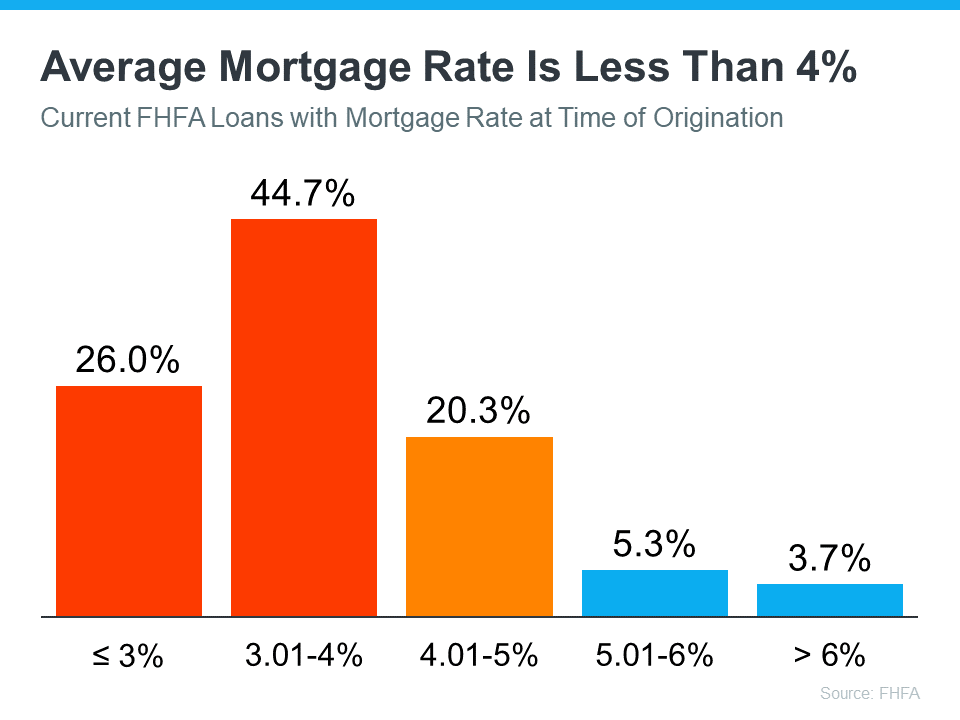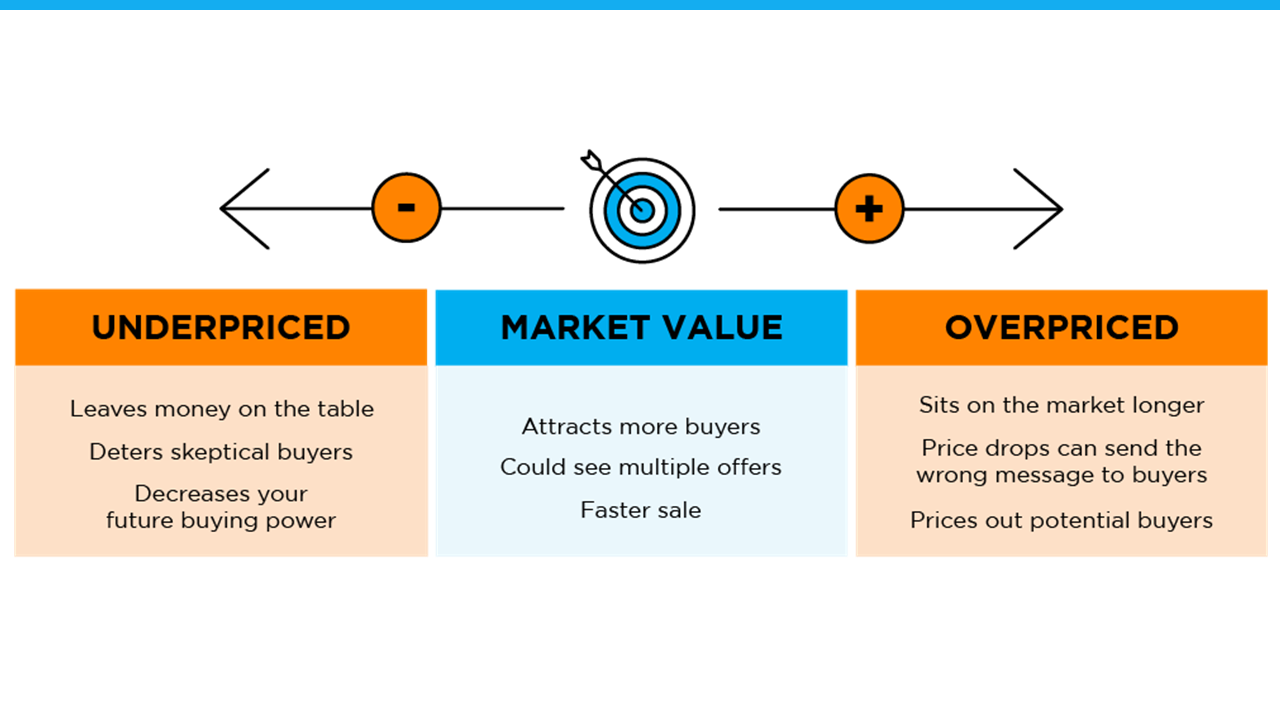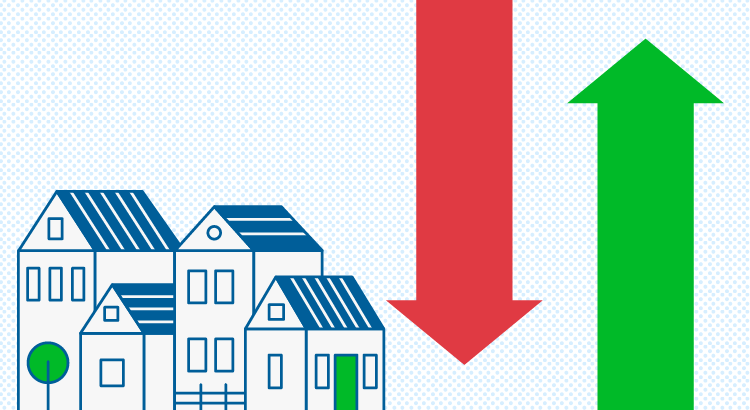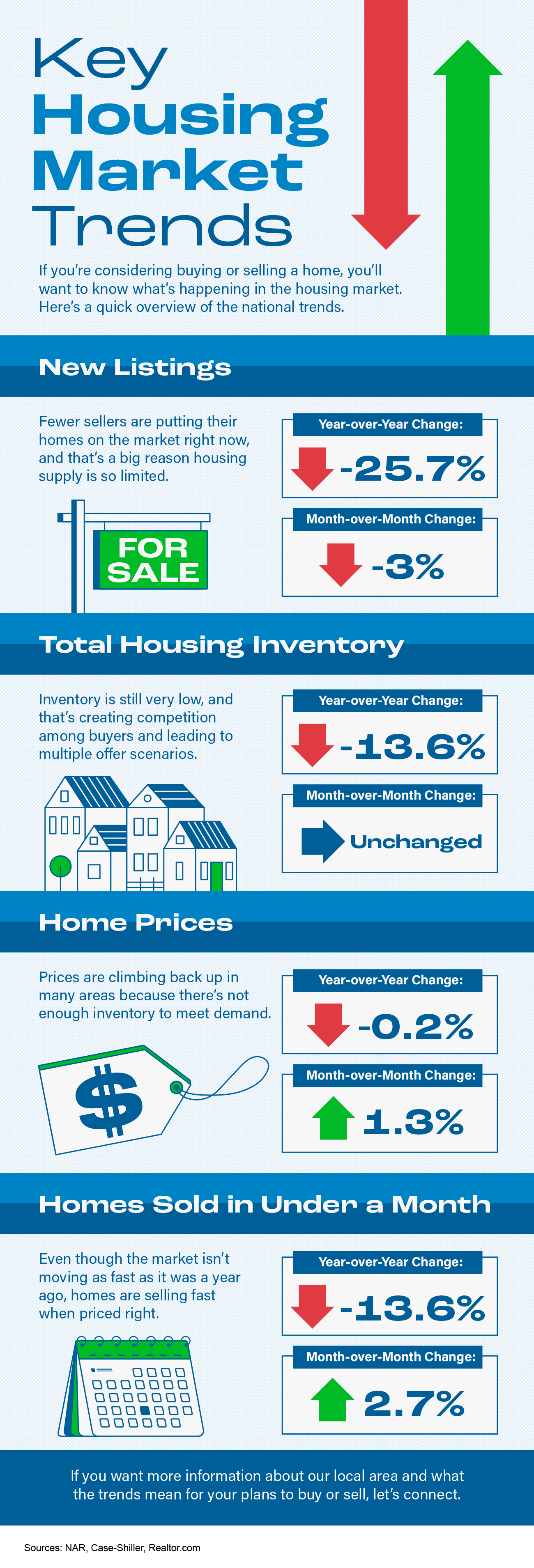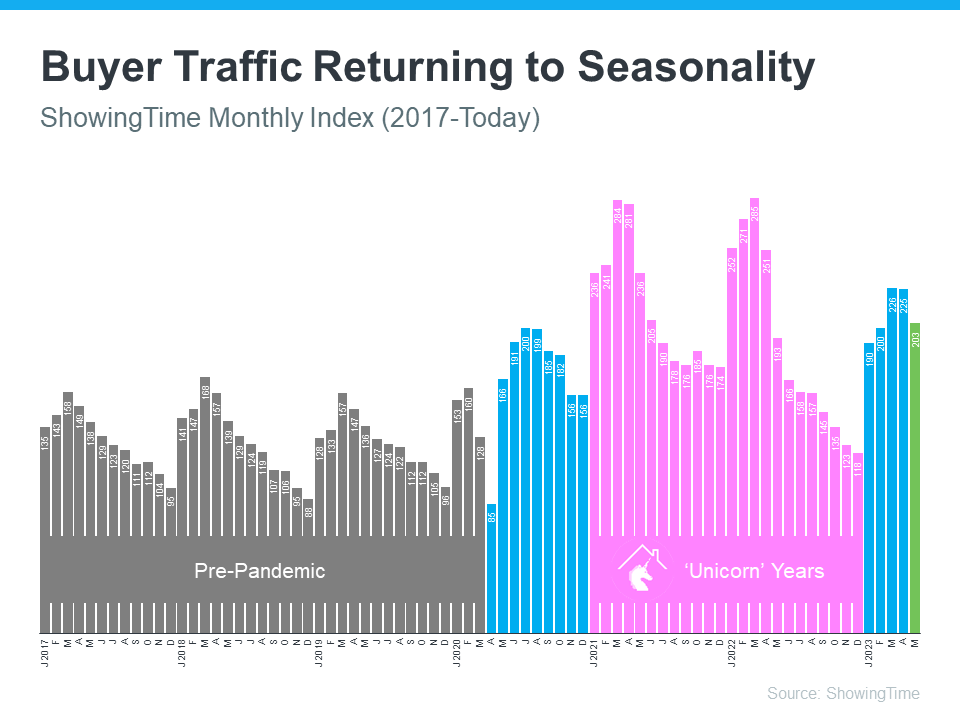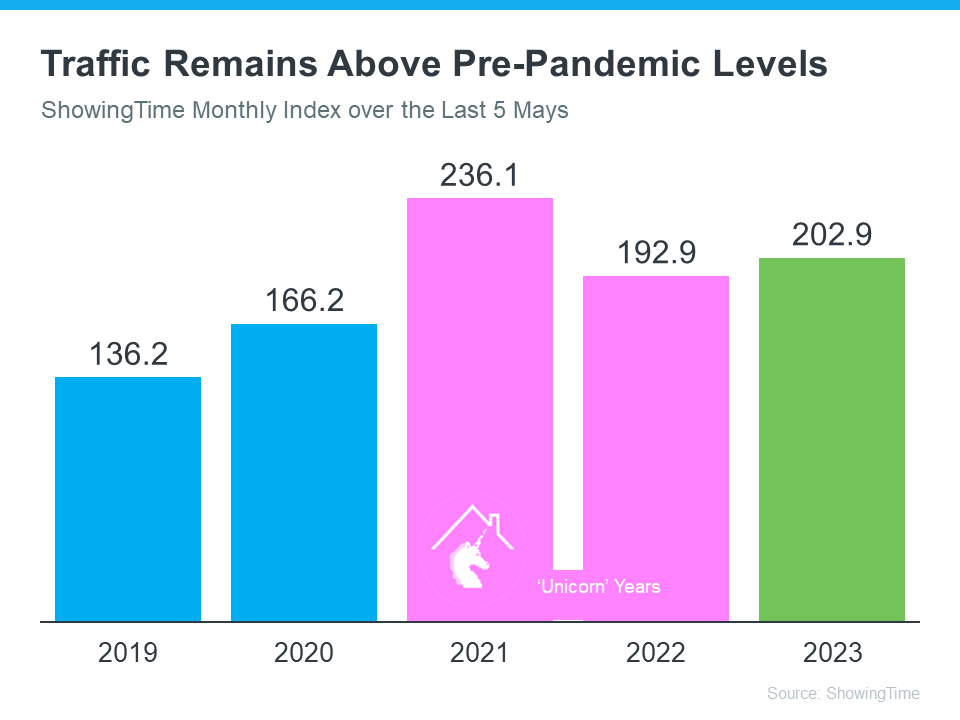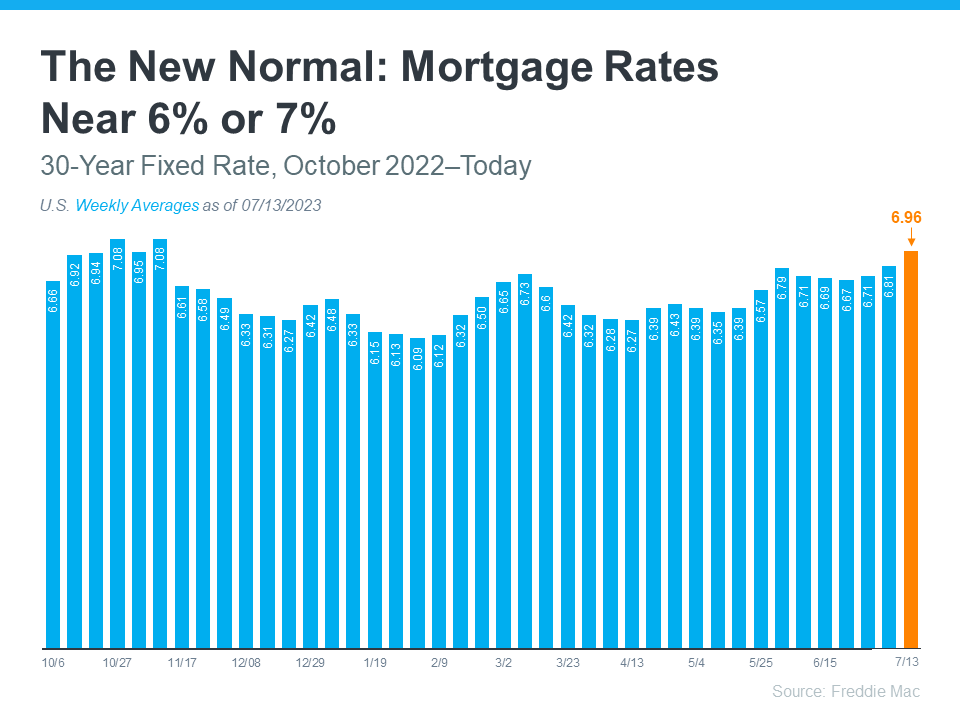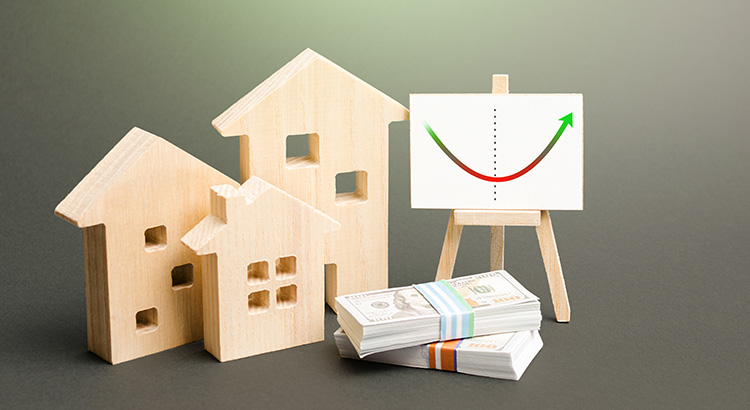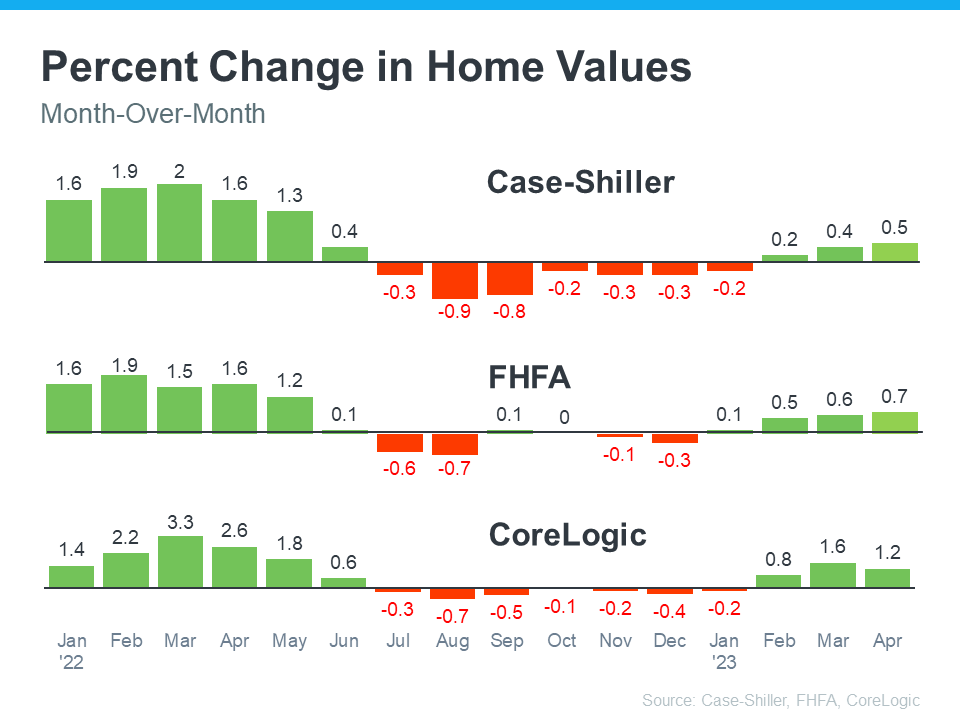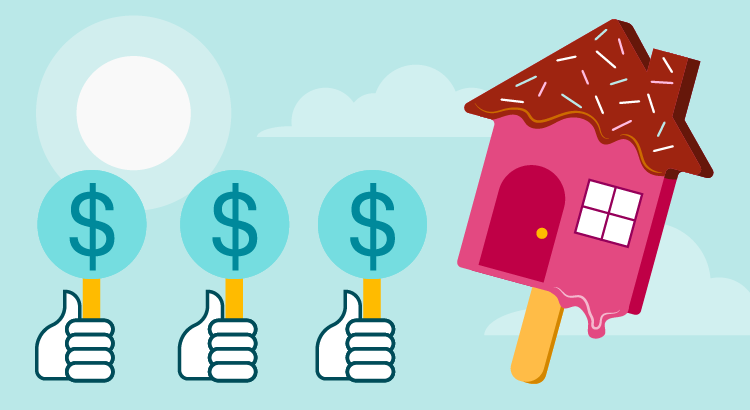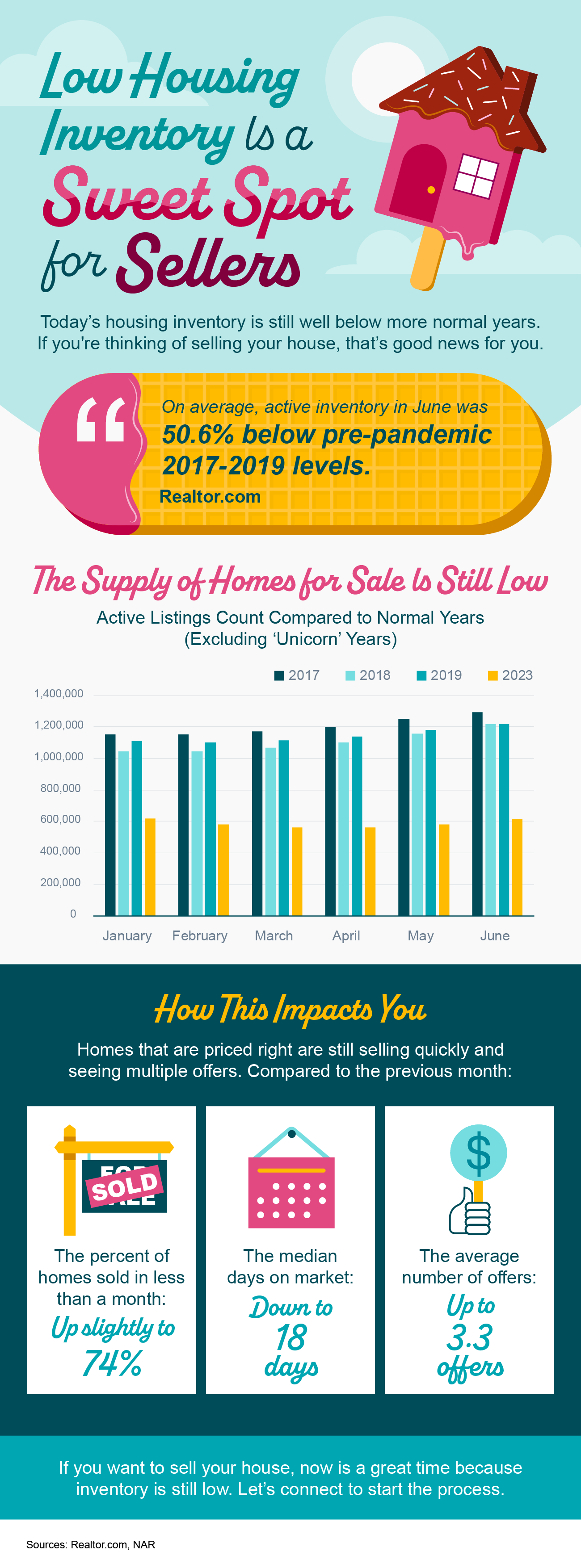When it comes to selling your house, you want three things: to sell it for the most money you can, to do it in a certain amount of time, and to do all of that with the fewest hassles. And, while the current housing market is generally favorable to sellers due to today’s limited housing supply, there are still factors that can cause delays or even prevent a house from selling.
If you’re having trouble getting your house to sell in today’s sellers’ market, here are a few things to think about.
Limited Access – If You Can’t Show It, You Can’t Sell It.
One of the biggest mistakes you can make as a seller is limiting the days and times when buyers can view your home. In any market, if you want to maximize the sale of your house, you can’t limit potential buyers’ ability to view it. Remember, minimal access equals minimal exposure.
In some cases, some of the most motivated buyers may come from outside of your local area. Because they’re traveling, they might not have the luxury to adjust their schedules when faced with limited options to tour your house, so make it available as much as possible.
Priced Too High – Price It To Sell, Not To Sit.
Pricing is a critical factor that can significantly impact your home sale. While it’s tempting to push the price higher to try to maximize your profit, overpricing can deter potential buyers and lead to your home sitting on the market longer.
Jeff Tucker, Senior Economist at Zillow, notes:
“. . . sellers who price and market their home competitively shouldn’t have a problem finding a buyer.”
Not to mention, buyers today have access to a number of tools and resources to view available homes in your area. If your house is priced unreasonably high compared to similar homes, it may drive potential buyers away. Listen to the feedback your agent is getting at open houses and showings. If the feedback is consistent, it may be time to re-evaluate and potentially lower the price.
Not Freshened Up Before Listing – If It Looks Good, It’ll Make a Good Impression.
When selling your house, the old saying “you never get a second chance to make a first impression” matters. Putting in the work on the exterior of your home is just as important as what you stage inside. Freshen up your landscaping to improve your home’s curb appeal so you can make an impact upfront. As an article from Investopedia says:
“Curb-appeal projects make the property look good as soon as prospective buyers arrive. While these projects may not add a considerable amount of monetary value, they will help your home sell faster—and you can do a lot of the work yourself to save money and time.”
But don’t let that stop at the front door. By removing personal items and reducing clutter inside, you give buyers more freedom to picture themselves in the home. Additionally, a new coat of paint or cleaning the floors can go a long way to freshening up a room.
For all of these things, lean on your real estate agent for expert advice based on your unique situation and feedback you get from buyers throughout the process.
Bottom Line
If your house isn’t getting the attention you feel it deserves and isn’t selling in the timeframe you wanted, it’s time to ask your trusted real estate agent for advice on what you may need to revisit or change in your approach. To get those expert insights, connect with a real estate professional.
